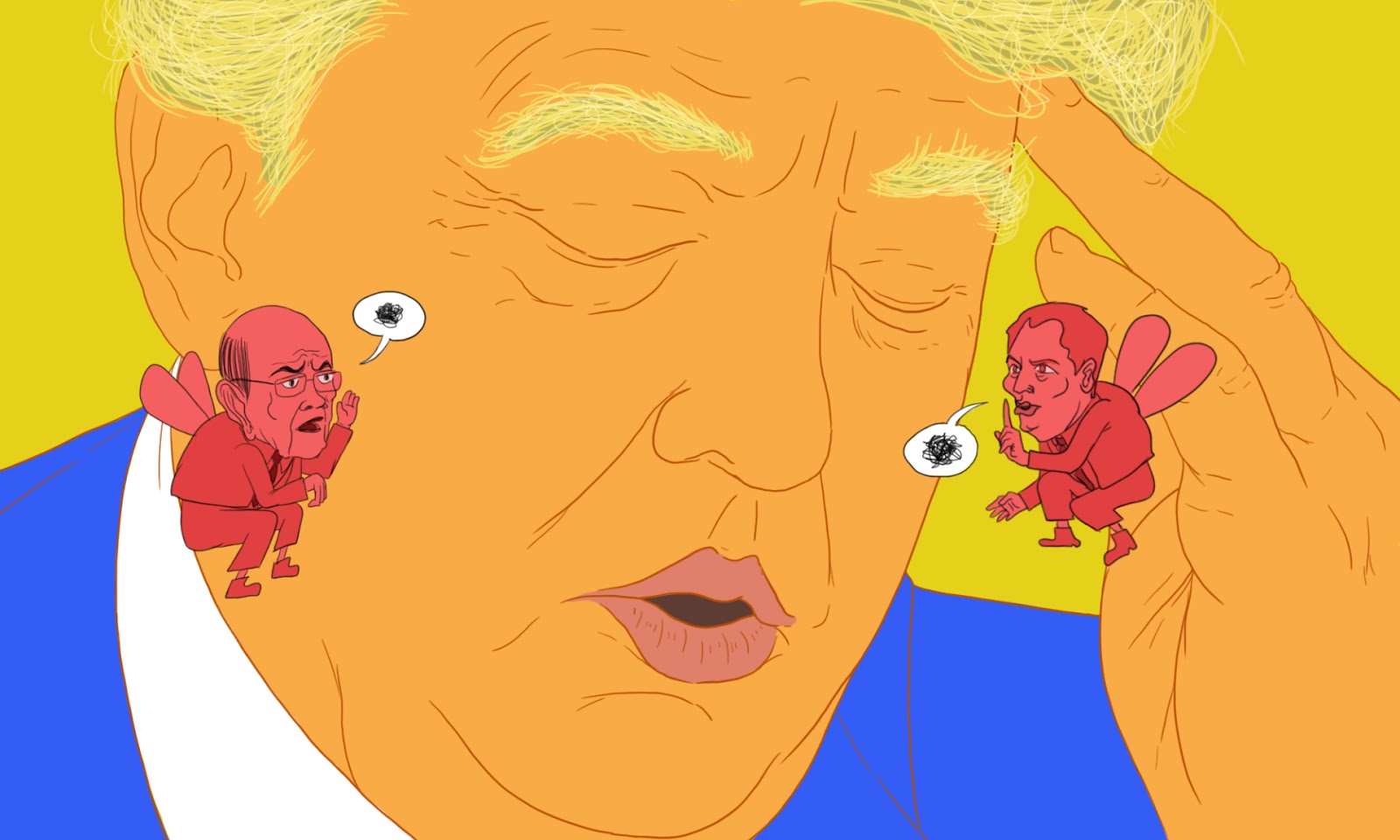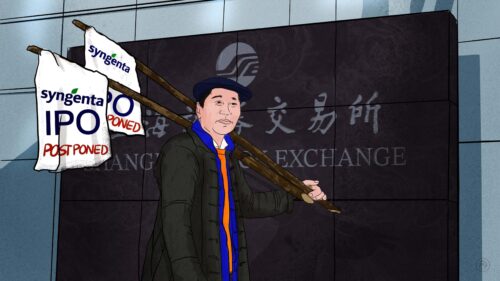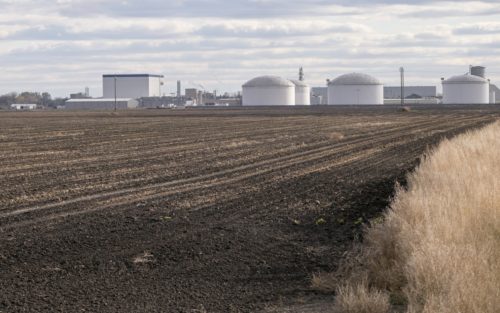No ‘end goal’ for U.S.-China trade war
“I don’t know what the end goal is,” U.S. Trade Representative Robert Lighthizer admitted, of Trump’s trade war with China. Trump also indicated that he is not interested in negotiating a phase two trade deal with China, leaving almost all the major economic issues unresolved and high tariffs in place through 2020.

Two years after the Trump administration’s original imposition of large-scale tariffs on China, the trade war remains largely unresolved, and officials, including U.S. Trade Representative Robert Lighthizer and President Trump, seem to have given up hope of more progress this year.
“I don’t know what the end goal is,” Lighthizer said yesterday, per the SCMP.
- “That’s a damning admission,” Scott Kennedy of the Centre for Strategic and International Studies commented, and it “confirms the suspicion of many that the Trump administration’s trade policy is all tactics and no strategy.”
“I don’t think about that,” President Trump said today of a prospective phase two trade deal, Bloomberg reports. “The relationship with China has been severely damaged,” Trump added.
- The phase one trade deal, we pointed out when it was signed in January, pushed almost all the most difficult issues down the road. Another deal “would probably not come before the November elections, if the excruciatingly long process to get to phase one is any indication,” we commented.
“Is the phase one trade deal in jeopardy if China can’t make enough purchases during a pandemic?” is a question we asked in May. The answer is still unclear — Trump could end up declaring a win for “Great Patriot Farmers,” even if the deal as a whole only sees partial success because of global economic upheaval.
- China is making efforts to salvage the phase one trade deal, or at least the agricultural purchases part of it that Trump is well known to obsessively focus on. Reuters reports that China purchased 1.365 million tonnes of corn, the second-largest order of that product in U.S.-China trade history.
American farmers have a lot of losses to make up from the years of tariffs (which remain almost entirely in place). Chad Bown of the Peterson Institute for International Economics writes in Foreign Affairs:
China levied retaliatory tariffs on U.S. agricultural goods that cost Midwestern soybean farmers a combined $6.7 billion in lower export sales over 2018 and 2019, as compared to 2017. The farmers were forced to accept a federal bailout. Many remain skeptical that they will ever regain their foreign markets.
A growing number of economic studies conclude that Trump’s trade policy has been costly for American businesses, workers, and farmers.






